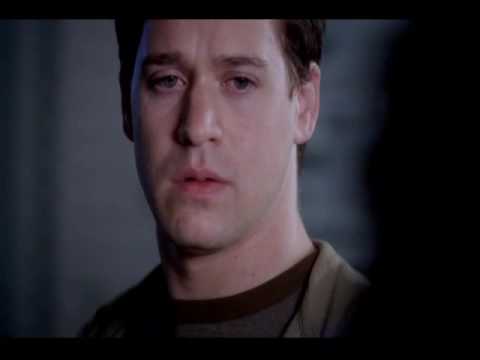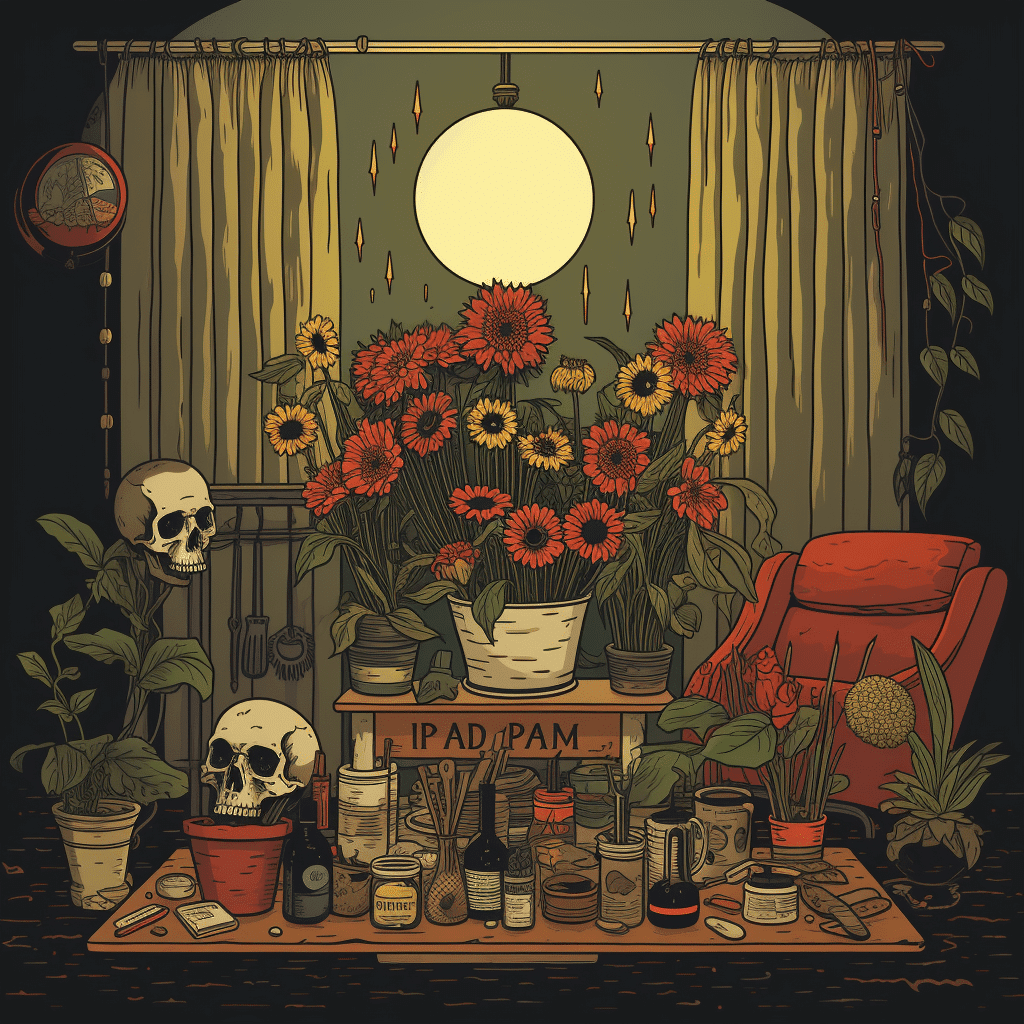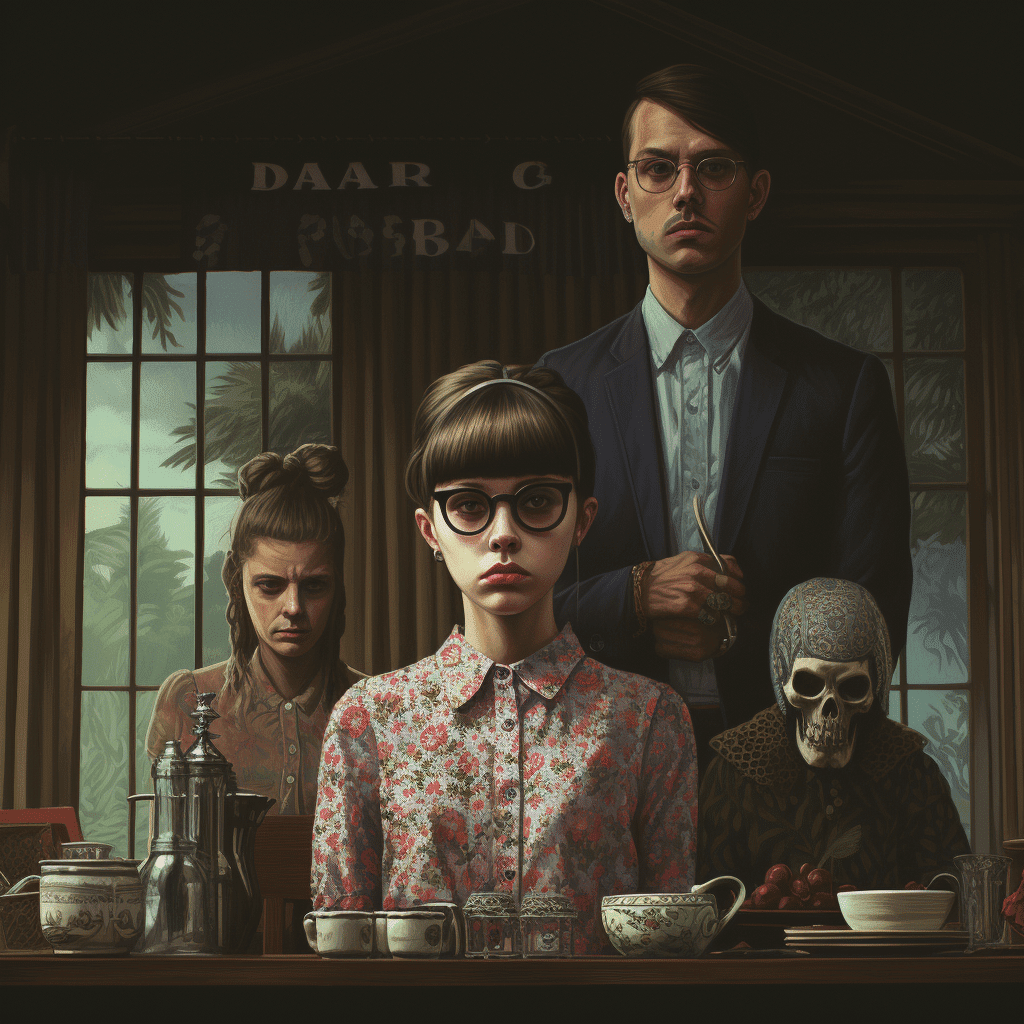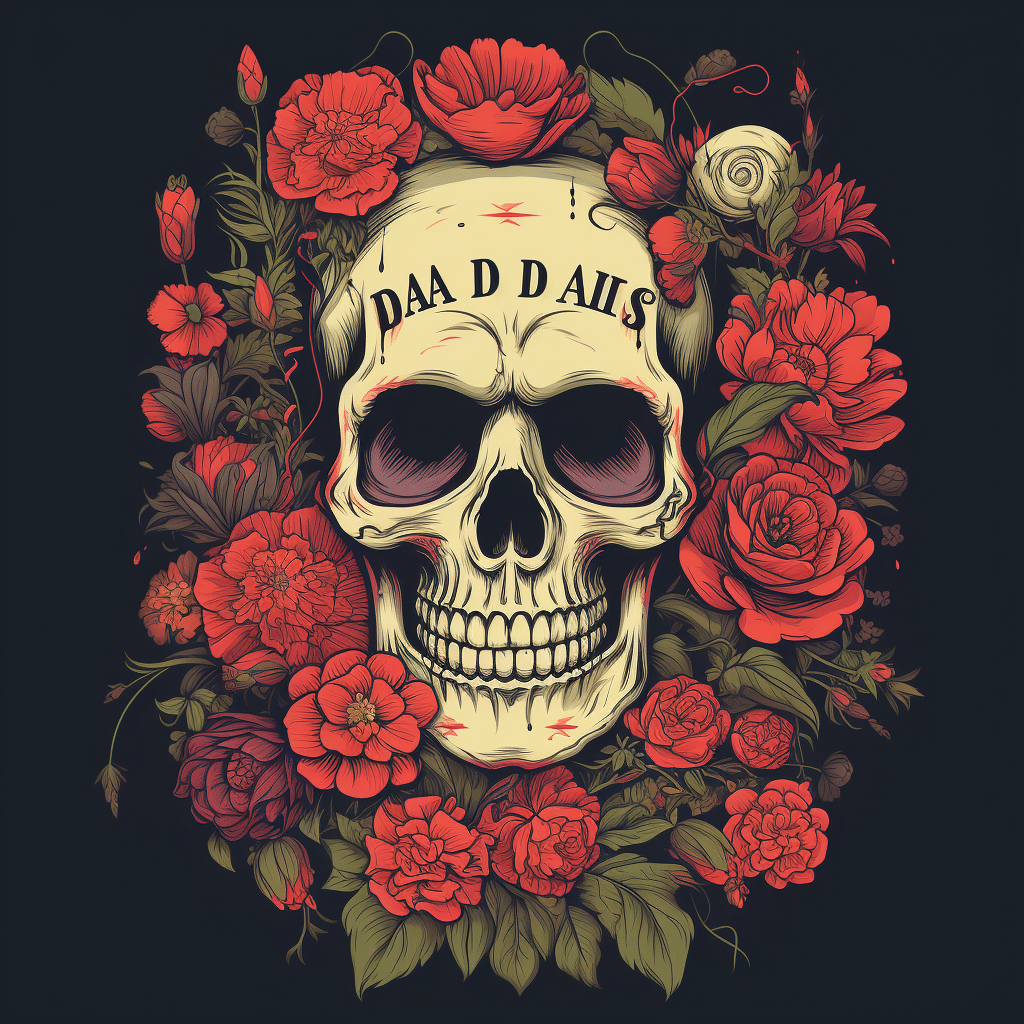Exploring the Rise of the Dead Parents Club Phenomenon
The concept of a Dead Parents Club isn’t something anyone eagerly signs up for, but the reality is, it’s a space that many find themselves in, searching for camaraderie and understanding amid profound loss. It’s a club where the membership cost is too high and the initiation is against one’s will. Yet, in this club, there are stories of resilience and comfort that are changing not only the lives of its members but the shape of grief support in our society.

The Emergence of Dead Parents Club Support Groups
The Dead Parents Club has sprouted from the soil of sorrow—a gathering of young adults united by a common, painful experience: the loss of a parent. Not the natural progression of aging parents but the abrupt, often premature farewell that leaves hearts fractured. The Dead Parents Club is more than a support group; it’s a community. Each week, Kat and Emma, with courageous vulnerability akin to Brené Brown, speak authentically about their grief journeys, opening doors for guests and experts to assist those navigating their new normal.
Their popularity is no riddle. In a world where grief often feels isolating, these clubs offer a lifeline, a shared space to speak the unspeakable, legitimizing a brand of sorrow often shunned by pep-filled positivity of mainstream social norms.

| Aspect | Description | Potential Impact | Coping Strategies |
| Purpose of the Dead Parents Club | A community offering mutual support to young adults grieving a loss | Provides a sense of understanding and solidarity with others | Participate in weekly talks, seek companionship from fellow members |
| Weekly Conversations | Candid discussions by hosts Kat and Emma, along with guests/experts | Offers perspectives and strategies on navigating through grief | Engage by listening to podcasts, possibly contributing stories |
| Grief Sharing | Encouraged to share feelings about the loss | Facilitates emotional processing and healing | Discuss grief with friends, family, and within the community |
| Anxiety Increases | Common to worry more about health and family after a loss | Research shows links to higher anxiety, depression, substance abuse | Seek therapy, maintain healthy routines, employ anxiety-reducing techniques |
| Grieving Differently | Each sibling or family member grieves uniquely | Acknowledge varying relationships and emotions | Respect individual grieving processes, offer and seek support |
Addressing the Taboo: How the Dead Parents Club Challenges Social Norms
Let’s face it, death makes people uncomfortable, and parental loss? Even more so. Our society prefers to shield its eyes, hoping the grief monster won’t spot us. But the Dead Parents Club rips the blindfold off. It encourages open conversations, helping society to confront rather than cower. Here, people don’t whisper about death; they tackle it head-on, traditional attitudes be damned.
Just like digging into an episode of The mole Netflix, the club uncovers layers of emotions and taboo topics, guiding members through the murky underworld of their psyche with the light of collective wisdom.

Dead Parents Club and Mental Health: Unseen Benefits and Pitfalls
Shocking Fact: Those in the throes of grieving a parental loss can find themselves on a tightrope above the abyss of mental health challenges. Anxiety often climbs, wrapping around the bereaved like a relentless vine. Data shows an uptick in risks associated with anxiety, depression, and even substance abuse—the latter being something that our organization, Mothers Against Addiction, relentlessly seeks to combat.
However, the Dead Parents Club can be a beacon of hope, shining light on paths to healing. Engaging with peers who’ve walked in similar shoes can fortify mental health, providing support that’s as essential as foundation is to building. But, beware, there’s no one-size-fits-all in grief. Kat and Emma’s club—while a solace to many—might not suffice for all, and professional guidance is sometimes the more suited salve.
Case Studies: The Transformative Stories Within Dead Parents Clubs
Buried within these clubs are transformative tales that astound and inspire. Consider John, a man whose life trajectory altered dramatically upon joining. Like the depth behind the roles of john amos, John found strength in community, transmuting his pain into purpose, serving now as a pillar for new members.
Sarah’s story sings a similar tune. Her journey, with its notes of despair and crescendos of recovery, is echoed by countless members. They’ve shared moments that make the heart soar—stories as uplifting as learning How tall Is Kevin hart and realizing that stature is no measure of capability.
Point-Counterpoint: Critical Perspectives on the Dead Parents Club Movement
As much as the Dead Parents Club has proponents, there are those who raise cautionary flags. Some worry about echo chambers of sorrow, fearing the potential reinforcement of grief rather than its resolution. Others, however, will go to bat for the club, citing the remarkable progress they’ve borne witness to, like diners defending the innovative dishes at “jon & vinnys” amidst critics of unconventional pairings.
From Online Forums to National Movements: The Evolution of the Dead Parents Club
The Dead Parents Club transcends its online origins, much like a blueprint unfolds into towering edifices. It has burgeoned into a phenomenon with potential energy akin to a national movement, providing not only solace but also a rallying cry for change in handling grief. Could this momentum mirror the sensational unraveling of the details around the idaho killer? Perhaps. The public’s attention can be equally captured by a narrative of collective healing.
The Singularities of Sorrow: 5 Shocking Facts about Dead Parents Clubs
Conclusion: Redefining Grief and Community in the Dead Parents Club Narrative
As the sun sets on our exploration of the Dead Parents Club, it’s evident that this is more than a group—it’s a movement redefining grief and community. Through the raw and real stories of those who’ve lost a parent, society is learning that grief isn’t a one-time event but a journey that’s sometimes dark, sometimes light, and always, always shared.
Mothers Against Addiction recognizes the profound parallels between the grief of the Dead Parents Club and the grieving of parents who’ve lost children to addiction. Our mission to support, console, and guide stands aligned with the poignant realities unearthed here.
In closing, remember that as unique your grief may feel, you’re not alone. Whether it’s a mistaken cat introduction like i accidentally Introduced My Cats too soon, or the unfamiliarity of a new firearm like the lafayette 380, the value of shared experience stands as a testament to our humanity. Let the Dead Parents Club be a beacon to those who navigate the stormy seas of loss. May we all find safe harbor in each other.
The Inside Scoop on the Best Dead Parents Club
Hey there, folks! You’ve likely heard whispers about the dead parents club, haven’t you? The name sure gives you the shivers. But here’s the thing—it’s not as morbid as it sounds. It’s actually a community for those who’ve faced the heartbreak of losing a parent. Now, brace yourselves for some trivia and jaw-dropping facts that’ll make you see this club in a whole new light!
The Surprising Beginnings
Alright, let’s kick things off! Believe it or not, the roots of the dead parents club don’t start in some dreary, cob-webbed corner. Nope! It’s as vibrant as a Sunday service at St. johns lutheran church bloomington il, where compassion and community spirit are as bountiful as the congregation. Inspired by a shared experience, this club became a space for solace and understanding, unlike any ol’ support group.
It’s a Feast for the Soul!
You’d think a club with such a name would be all about sadness and gloom, right? Wrong! It’s like walking into Jon & Vinnys – a place so full of warmth, you’d forget why you were down in the first place. Members chew the fat, share memories like they’re passing pizza slices, and provide a shoulder to lean on. And lemme tell ya, it’s just as comforting as a homemade meal.
The Power of Sharing
Hold onto your hats, because members of the dead parents club aren’t just sitting around moping! They’re turning grief on its head and using it to fuel extraordinary comradery. By sharing stories, they don’t just weave a safety net; they build a fortress of support that would put the Great Wall to shame.
Membership: No Secret Handshake Required
Here’s a doozy for ya: joining the dead parents club isn’t about initiation rites or hush-hush meetings. It’s as easy as pie. Anyone who’s danced with loss can jump right in. No questions asked, no membership cards. It’s the world’s most inclusive club—sadly, though, it’s also the club that no one wants to join.
From Sorrow to Solidarity
And get this, the most mind-boggling part? The dead parents club doesn’t wallow in woe. It’s a tribute to the human spirit, where people channel the blues into something beautiful. So, what do you say? Isn’t it about time we cast off the cloak of solitude and stepped into the light of companionship?
Now, remember, if you’ve found yourself a reluctant member of the dead parents club, know this: it’s a beacon in the night, an ember in the cold, and perhaps a place to find a bit of peace amidst the madness. So, chin up, buttercup! There’s a whole community out there ready to embrace you with open arms, sharing stories that’ll both wrench and warm your heart.

What is the death of a parent club?
Oh boy, the “death of a parent club” isn’t your typical join-for-the-perks kind of club. It’s a sort of unofficial group nobody wants to join because it means you’ve lost a parent. But hey, it’s also a reminder that you’re not alone in your grief. Kind of like a silent nod of understanding among those who’ve walked a similarly rough path.
Does losing a parent change you?
Absolutely, losing a parent can turn your world upside down, inside out, and every which way. It’s a life-altering event that can shift your perspective, make you rethink priorities, and sometimes even reshape your identity.
How do I cope with my dad’s death?
Dealing with your dad’s death is tough cookies. Start by giving yourself permission to feel all the feels. Talk it out with friends, family, or a counselor. And don’t forget, doing things like joining a support group or even just journaling can be real lifelines.
What do you say to someone who lost a parent years ago?
When someone lost a parent years ago, strike a balance—acknowledge their loss and just say, “I know it’s been a while, but I’m here if you ever want to talk about your mom/dad.” It’s simple, respectful, and opens the door for them to share if they’re up for it.
What does dead dad club mean?
The “dead dad club” is a term some folks use to describe the bittersweet bond between those who’ve lost their fathers. It’s like an invisible badge they wear—a sign of shared pain and understanding, but not an actual club with membership cards.
What is the purpose of the parents club?
The purpose of a parents club is usually to bring together moms, dads, and guardians to support each other, swap parenting tips, vent about the chaos of raising kids, and sometimes just to have an excuse to drink coffee with other humans who understand the struggle.
What is the hardest age to lose a parent?
There’s no one-size-fits-all answer here, because losing a parent is hard at any age. But often, younger children or teens might have a particularly hard time because they’re still so dependent on their parents.
What age do most people lose a parent?
Statistically speaking, most folks experience the loss of a parent in their 50s or 60s. But life’s a box of chocolates with this one—you never know when it’s going to happen.
How traumatic is it to lose a parent?
Losing a parent is, hands down, one of the most traumatic events in a person’s life. It can feel like someone’s pulled the rug out from under you, and it can take a long, long time to find your footing again.
What not to do when parent dies?
When your parent dies, don’t go it alone; avoid bottling up those emotions. And for heaven’s sake, don’t rush the process or ignore the practical stuff, like the will or their personal affairs.
Do you ever get over the death of a parent?
Getting over the death of a parent isn’t really in the cards. Instead, you learn to live with it, and over time the sharp edges of grief usually soften a bit. But the missing them part? That sticks around.
Will I ever stop grieving for my father?
Will the grieving stop for your dad? Not likely. It shifts, changes, and maybe doesn’t knock the wind out of you like it used to, but it’s always there, kind of like a song that’s stuck in your head.
What not to say to someone who lost a parent?
Avoid clichés like “They’re in a better place” when talking to someone who’s lost a parent. It can come off as insincere, and honestly, they might not be ready to hear that kind of talk just yet.
How long does it take to recover from losing a parent?
Recovery time after losing a parent is like trying to guess the number of jellybeans in a jar—the answer varies from person to person. Some folks start to feel more like themselves in months, others take years, and some feel that loss their whole life.
How do you honor a lost parent?
Honoring a lost parent can be as simple as sharing their stories or as grand as setting up a charity in their name. Maybe light a candle on important dates, or keep the traditions they loved alive. It’s your call on how to keep their memory burning bright.
What does club to death mean?
The phrase “club to death” isn’t about an actual club—phew! It’s a way to describe overusing something or running something into the ground, like playing the same song on repeat until you can’t stand it anymore.
How do you explain the death of a parent?
Explaining the death of a parent to someone, especially a kid, is a delicate dance. Use clear, simple words and be ready for a wave of questions. It’s important to reassure them while also being as honest as the situation allows.
What does the death of a parent teach you?
The death of a parent can teach you a boatload about strength, resilience, and the true meaning of love and loss. It’s a tough lesson, no doubt, but it often brings a deeper appreciation for life and the connections we have.
What is the first rule of the parent club?
The first rule of the parent club? Like in the movie Fight Club, it’s “You do not talk about Parent Club.” Just kidding! It’s all about supporting each other—because raising little humans is not for the faint of heart!




























